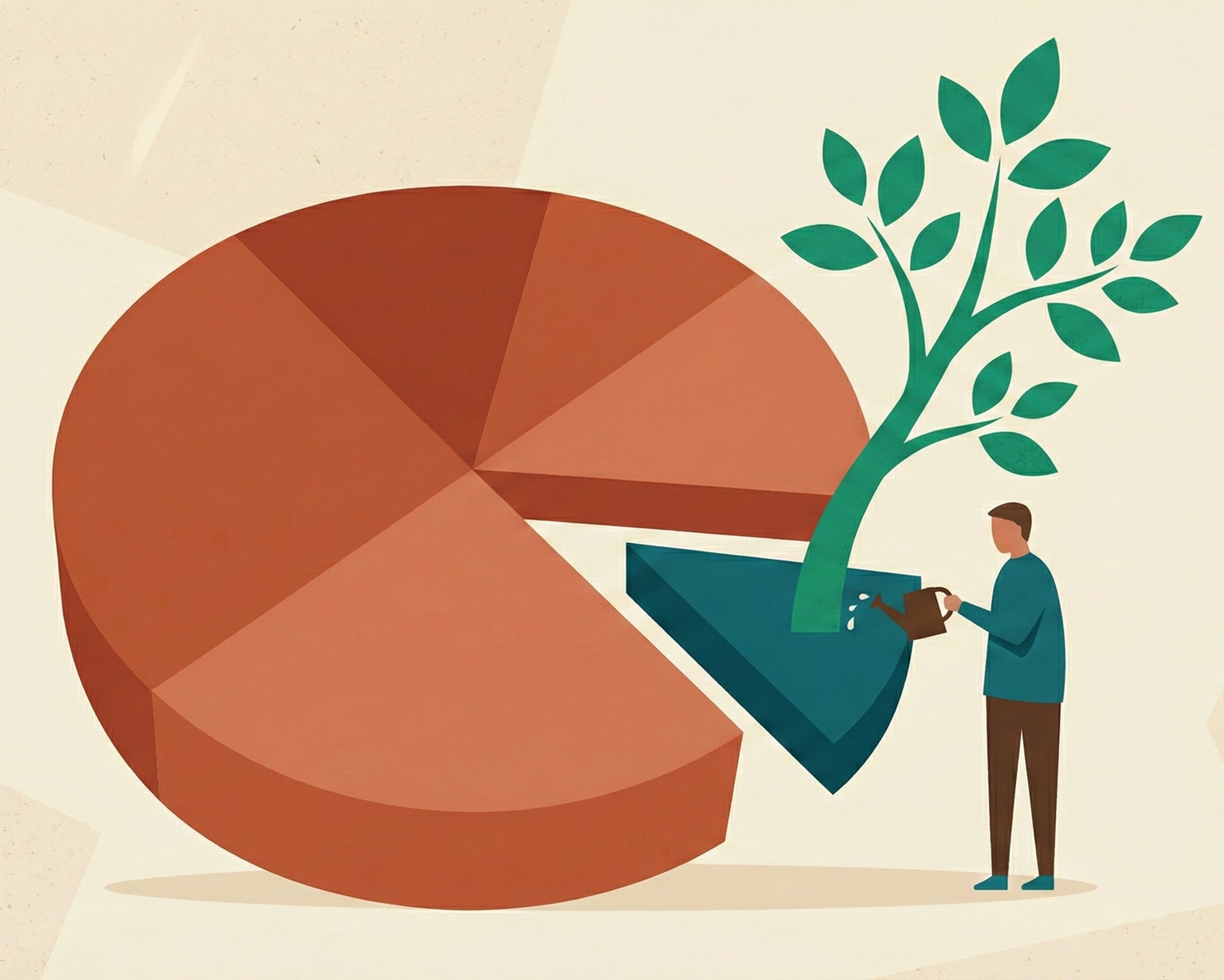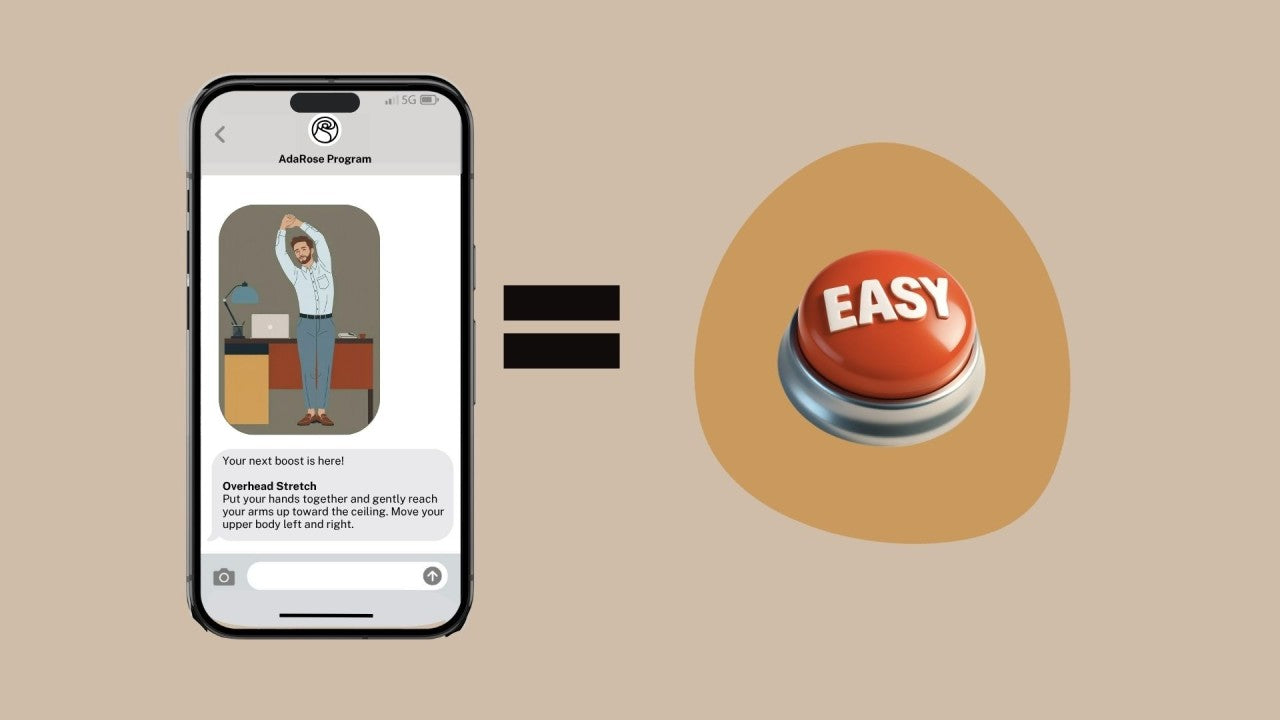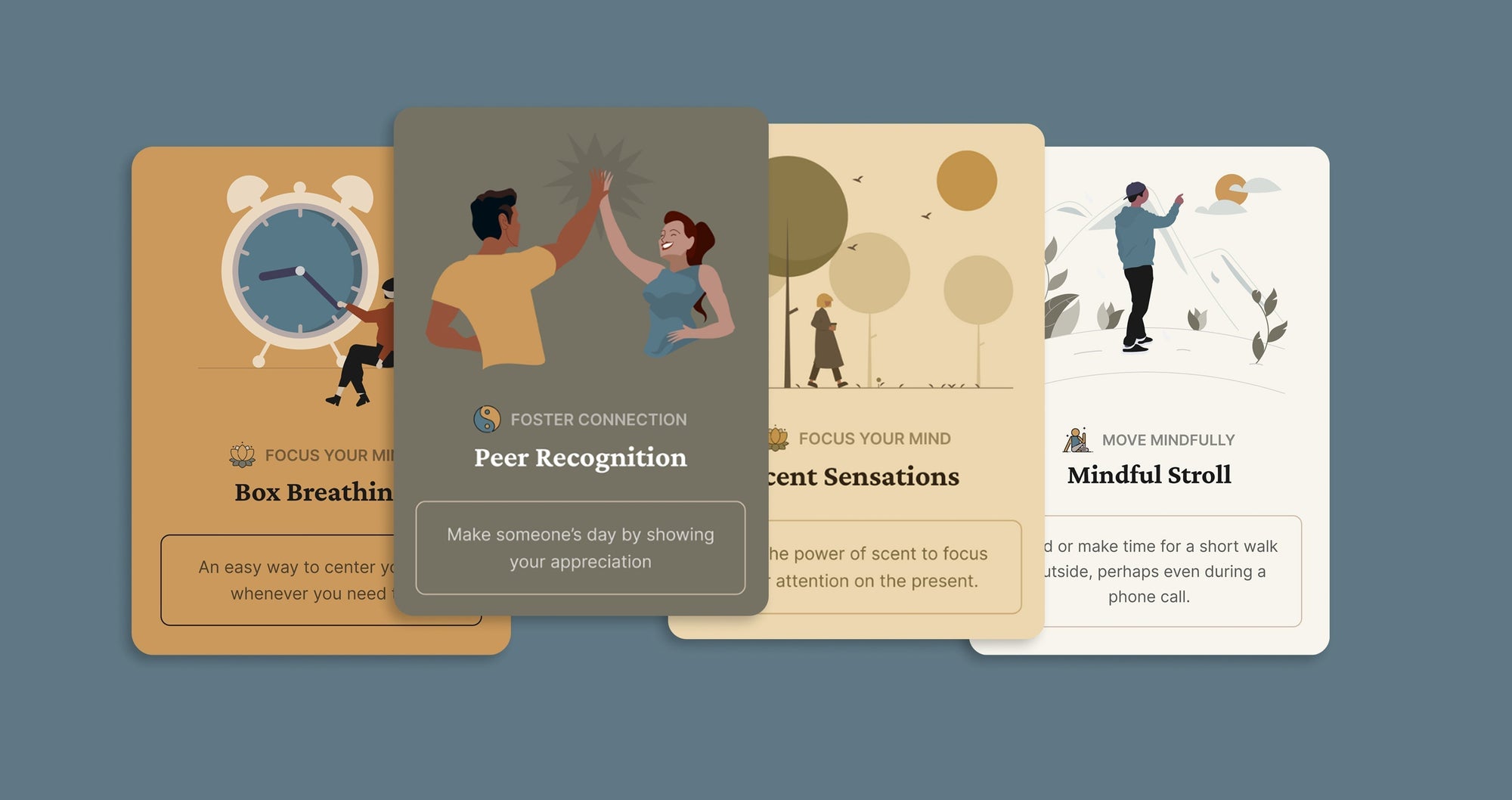Digital health can help people improve their health in many ways, from finding information online to managing chronic conditions via wearable devices. Getting online access to your own health records is one way of using digital health and is a building block toward leveraging many others, but making it a reality for most people has been a slow process.
As Americans, we have a legal right to access the health information about us from our doctors’ electronic medical records (EMRs) and our health plans. A couple of major government initiatives have aimed to make it easier for people to get their health records. These include programs that digitize medical records (until recently most of them were on paper!) and that require that patients be able to access their records free of charge and “without delay.”
Several recent surveys by the Pew Research Center (Issue Brief, July 27, 2021), ONC (Data Brief September 2021), and the AHIMA Foundation (survey released October 12, 2021) provide relevant information about how well the programs are working, and how these programs are potentially impacting healthcare disparities between underserved populations and the general public.
Why would you want online access to your health records?
Think of the last time you got a medical test done. You may have been worried or anxious to find out the results. In fact, getting results from medical tests is the number one reason people access their medical records.
Other reasons people access their medical records include better understanding and managing their health, communicating with their doctor, and sharing records among multiple doctors or caregivers to help them all get on the same page.
What is the digital divide in healthcare?
The digital divide in healthcare refers to disparities in access to technology and the related gaps in digital healthcare services between more and less advantaged populations. So, for example, elderly people who don’t have smartphones may be less able to use health apps or telehealth services than their children or grandchildren. The divide goes beyond which types of technology members of some groups may have to the extent to which digital health services are adapted to meet their cultural contexts and specific needs.
Online access to health records is going up
In good news, access to health records online has gone up steadily for the last several years according to ONC. Overall, 59% of the population has been offered online access to their records, and nearly 40% has actually used that access.
Most people who accessed their records (86%) viewed their test results online. Other popular uses included sending secure messages to their healthcare providers and downloading their health records. About a third of patient portal users downloaded their medical records online, almost double the proportion since 2017. Downloading records can facilitate using or sharing them as is or transferring the information into other apps and services that support better health.
There’s a gap between what people want and what they have
In not so good news, 24% of Americans say they don’t know where to go to get their health records, according to AHIMA. This makes sense given that many haven’t yet been invited to use them, according to ONC.
Also, according to Pew, only 36% of people reported that all of their provider’s EHRs let them access their records online. Presumably that proportion is lower than the 59% offered access to a portal (per ONC) because it specifies all providers, rather than one or some.
Disadvantaged populations may be further disadvantaged by online access
Disparities in health and access to health care services among underserved communities are well documented. Unfortunately, some of the existing gaps, such as issues with access to care, appear to be exacerbated or at least not significantly improved by digital technologies. According to AHIMA:
Age. Younger generations are more likely to use a platform or online portal to access medical records than older ones. (86% of Millennials vs 78% of Boomers).
Education. People with lower levels of education are less likely to find the process of collecting their medical information online easy (62% of people with a high school education or less vs 72% of college grads) and find policies related to accessing their data clear (29% of people with a high school education or less vs 45% of college grads).
Income. Individuals with lower income levels are less likely than those earning more to use an online platform to access their medical records (76% of those earning less than $50K a year vs. 88% of those earning more than 100K a year).
When it comes to ethnicity, the picture is less clear cut. Whites, typically considered the most advantaged group, are most likely to seek out specific medical information online compared to Blacks and Hispanics. But Blacks report an easier time collecting their health records than members of the other ethnic groups (78% Black, 66% White, and 64% Hispanic). Hispanics, meanwhile, are the most likely to believe online access would improve their trust in their doctor’s recommendations and support them in managing their own health.
Improving access to health records and narrowing the digital divide
While access to technology remains a challenge (broadband access is unevenly distributed, as is ownership of smartphones and other devices), the problem of health literacy appears to be gaining ground relatively speaking. According to AHIMA, the majority of Americans “don’t fully grasp the information discussed with their doctor during visits, leaving many in the dark about their health.” Partially because of this, 76% do not leave their doctor’s office on a positive note. And the challenge of low digital literacy may amplify the challenge of low health literacy.
The following resources address both online access to health data, and understanding what it means from a patient or consumer perspective:
-
The AHIMA Foundation has developed resources to help consumers “unlock the power” of their health information including tips and tools in their Better Health is In Your Hands Campaign.
-
The Department of Health and Human Services has an Information is Powerful Medicine campaign that helps people understand their rights and the benefits of online access to health data.
-
Where Is My Medical Record? provides information to the public on what’s in your medical record and what to do if you run into roadblocks accessing it.
Have you accessed your own medical records online? Has it been useful, or have you run into challenges?





